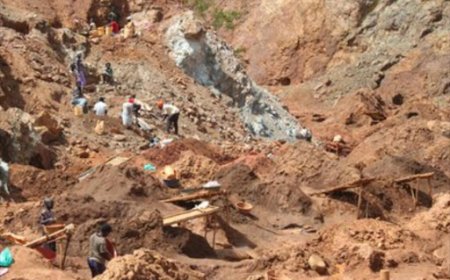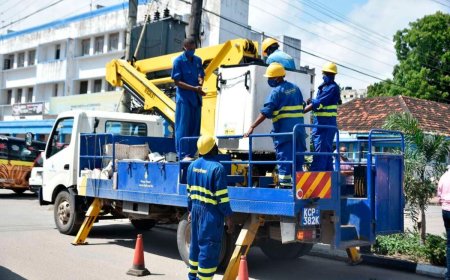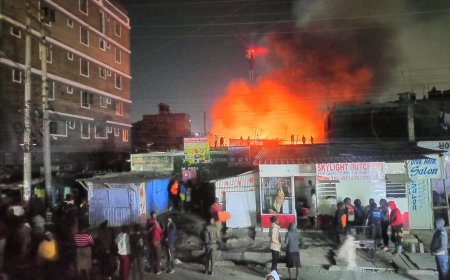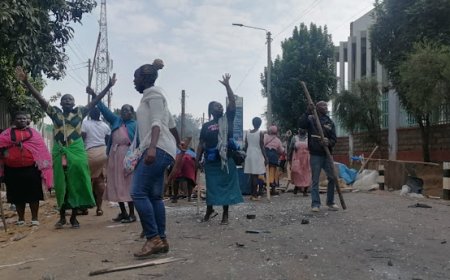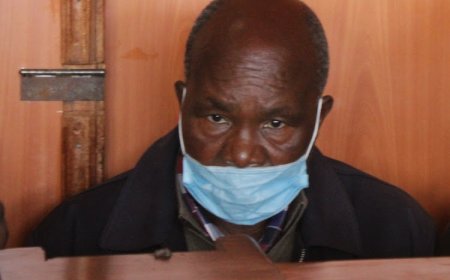GOVERNMENT SHOULD TAKE ACTION TO MITIGATE EFFECTS OF ONGOING FLOODS
Kenya is reeling from the devastating impact of widespread flooding, as heavy rains continue to wreak havoc across the nation.
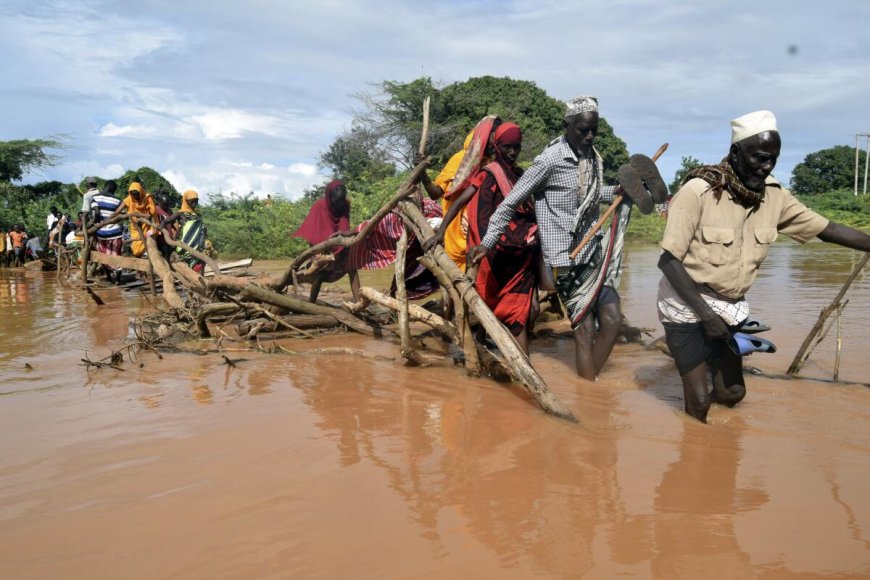
Kenya is reeling from the devastating impact of widespread flooding, as heavy rains continue to wreak havoc across the nation. From urban centers to rural villages, communities are grappling with the aftermath of inundation, facing displacement, destruction of homes, loss of livelihoods, and tragic loss of lives.
The seasonal rains, exacerbated by climate change, have swollen rivers, overflowed dams, and triggered flash floods, leaving a trail of destruction in their wake. Regions already vulnerable to flooding, such as parts of the Rift Valley, Western, Coast, and Nyanza regions, have borne the brunt of the disaster, with infrastructure damage and disruption of essential services compounding the crisis.
In urban areas like Nairobi, the capital city, drainage systems overwhelmed by the deluge have led to flooding in streets and homes, exacerbating traffic congestion and posing health risks from contaminated water. Meanwhile, rural communities face challenges accessing clean water, sanitation, and healthcare, amplifying the risk of waterborne diseases and other health emergencies.
The human toll of the floods is staggering, with thousands of families displaced from their homes and forced to seek refuge in makeshift shelters or evacuation centers. Vulnerable populations, including children, the elderly, and persons with disabilities, are particularly at risk, facing heightened vulnerabilities in the wake of the disaster.
Amid the devastation, there is a pressing need for coordinated emergency response efforts to provide relief and support to affected communities. Government agencies, non-governmental organizations, and international partners are mobilizing resources to deliver humanitarian aid, including food, shelter, clean water, and medical assistance to those in need.
However, addressing the immediate humanitarian needs is only the first step. Long-term strategies for disaster preparedness, climate resilience, and sustainable development are essential to mitigate the impact of future floods and build the resilience of communities to withstand such natural disasters.
As Kenya confronts the sobering reality of yet another devastating flood season, it is a stark reminder of the urgent need for concerted action to address the root causes of climate change, invest in resilient infrastructure, and prioritize the well-being of the most vulnerable populations. In the face of adversity, solidarity, compassion, and proactive measures are paramount to rebuilding lives, restoring hope, and safeguarding the future for all Kenyans.
STORY BY SCHOLASTICA KERUBO
EDITED BY KEVIN MOGAMBI
What's Your Reaction?











